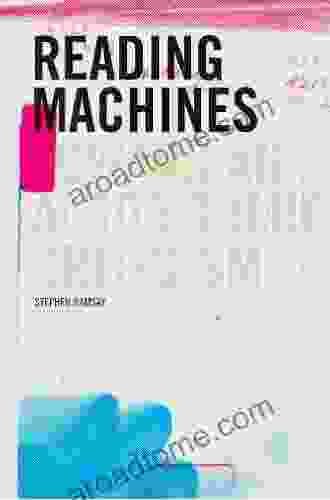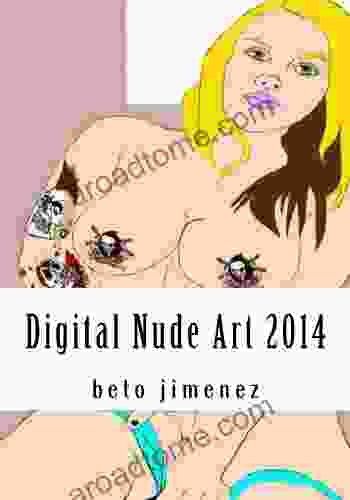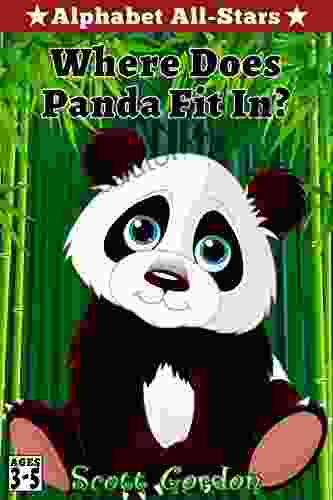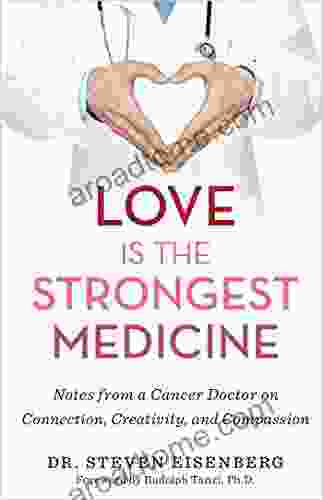Journey into the Algorithmic Realm: Exploring "Toward an Algorithmic Criticism"

In the burgeoning field of digital humanities, the advent of algorithmic criticism has ushered in a transformative era. "Toward an Algorithmic Criticism," a groundbreaking work edited by Matthew Jockers, offers a comprehensive exploration of this emerging paradigm, challenging traditional literary analysis and opening up new avenues for scholarly inquiry.
Unveiling the Power of Algorithms
Algorithms, intricate computational procedures, have become indispensable tools in the digital age. They are employed in diverse fields, from search engines and social media platforms to scientific research and artistic creation. Algorithmic criticism harnesses the power of these algorithms to analyze literary texts, unlocking insights that have long remained hidden from traditional methods.
4.6 out of 5
| Language | : | English |
| File size | : | 850 KB |
| Text-to-Speech | : | Enabled |
| Screen Reader | : | Supported |
| Enhanced typesetting | : | Enabled |
| Word Wise | : | Enabled |
| Print length | : | 108 pages |
Digital Reading and Computational Close Reading
"Toward an Algorithmic Criticism" introduces the concept of digital reading, a process that involves engaging with texts through digital interfaces and computational tools. This approach enables scholars to analyze vast corpora of texts, explore patterns and structures, and conduct quantitative analyses that were previously impossible.
Computational close reading, a subset of digital reading, utilizes algorithms to perform fine-grained analysis of language and style. By examining word frequencies, syntactical patterns, and other linguistic features, computational close reading sheds light on the subtle nuances and intricate relationships within literary works.
Expanding the Literary Toolkit
Algorithmic criticism provides scholars with a vastly expanded toolkit for literary analysis. Traditional methods, such as close reading and historical contextualization, remain essential, but algorithmic techniques complement and enhance these approaches.
- Stylometry and Authorship Analysis: Algorithms can analyze linguistic patterns to identify authorship, detect stylistic changes, and explore the evolution of an author's writing over time.
- Network Analysis and Social Network Theory: By constructing networks based on characters, themes, or stylistic elements, algorithms reveal the intricate connections and relationships within literary works.
- Topic Modeling and Semantic Analysis: Algorithms can identify recurring themes and concepts in large text corpora, providing insights into the semantics and cultural context of literary texts.
Applications in Literary Studies
The applications of algorithmic criticism extend far beyond the computational analysis of text. Scholars are using these techniques to explore a wide range of literary topics, including:
- Genre Classification and Literary History: Algorithms can help categorize texts into genres and identify historical patterns in literary production.
- Digital Editions and Textual Scholarship: Algorithmic tools aid in the creation of digital editions, automate text annotation, and facilitate collaboration among scholars.
li>Literary Theory and Computational Criticism: Algorithmic criticism challenges traditional literary theory and opens up new avenues for conceptualizing and interpreting literature.
Challenges and Opportunities
While algorithmic criticism presents enormous potential, it also poses challenges and raises ethical concerns. Some scholars question the objectivity and interpretability of algorithmic results, while others worry about the commodification of literature and the loss of human intuition in literary analysis.
Addressing these challenges requires a thoughtful and nuanced approach. Scholars must develop critical frameworks for evaluating algorithmic results, promote ethical practices in data collection and analysis, and embrace the collaborative nature of digital humanities research.
"Toward an Algorithmic Criticism" is a seminal work that heralds the arrival of algorithmic criticism as a transformative force in literary scholarship. By harnessing the power of algorithms, scholars can unlock new insights into literary texts, expand the literary toolkit, and explore uncharted territories in the digital humanities. Embracing the challenges and opportunities presented by algorithmic criticism, we can forge a path towards a more comprehensive and sophisticated understanding of literature in the digital age.
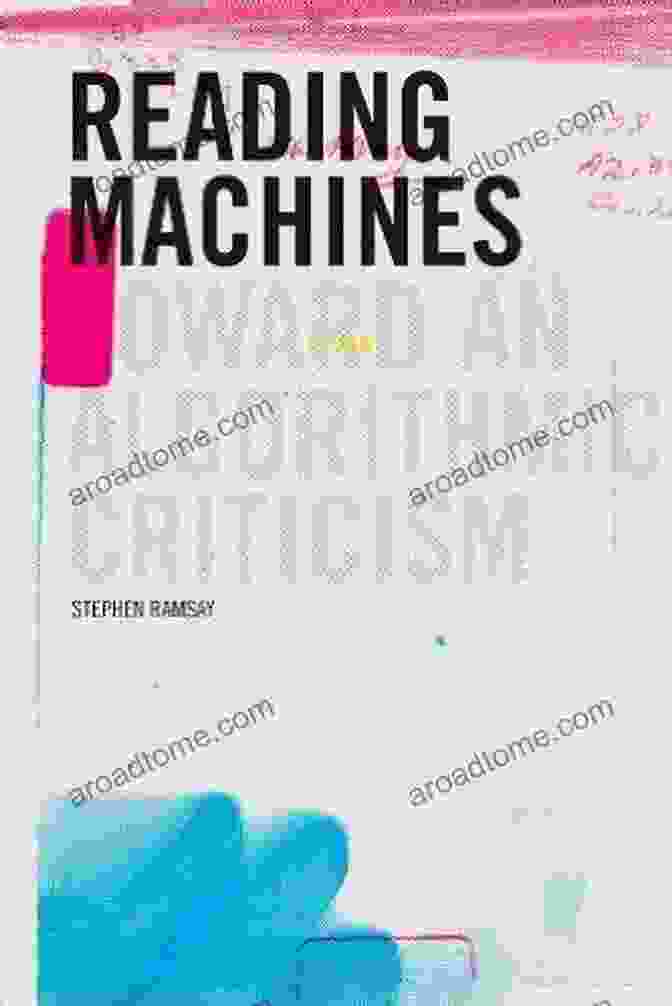
Explore the Depths of Algorithmic Criticism with "Toward an Algorithmic Criticism"
4.6 out of 5
| Language | : | English |
| File size | : | 850 KB |
| Text-to-Speech | : | Enabled |
| Screen Reader | : | Supported |
| Enhanced typesetting | : | Enabled |
| Word Wise | : | Enabled |
| Print length | : | 108 pages |
Do you want to contribute by writing guest posts on this blog?
Please contact us and send us a resume of previous articles that you have written.
 Book
Book Novel
Novel Page
Page Chapter
Chapter Text
Text Story
Story Genre
Genre Reader
Reader Library
Library Paperback
Paperback E-book
E-book Magazine
Magazine Newspaper
Newspaper Paragraph
Paragraph Sentence
Sentence Bookmark
Bookmark Shelf
Shelf Glossary
Glossary Bibliography
Bibliography Foreword
Foreword Preface
Preface Synopsis
Synopsis Annotation
Annotation Footnote
Footnote Manuscript
Manuscript Scroll
Scroll Codex
Codex Tome
Tome Bestseller
Bestseller Classics
Classics Library card
Library card Narrative
Narrative Biography
Biography Autobiography
Autobiography Memoir
Memoir Reference
Reference Encyclopedia
Encyclopedia Valerio Poggi
Valerio Poggi Shae Bynes
Shae Bynes Sergey Pulinets
Sergey Pulinets Sultan Abdulhameed
Sultan Abdulhameed Scott C Sherman
Scott C Sherman Yukie Izumi
Yukie Izumi Doug Stanhope
Doug Stanhope Sheila Chandra
Sheila Chandra Scott Hannen
Scott Hannen Ashley Brown
Ashley Brown Heather Mcdonald
Heather Mcdonald Shelley Stockwell Nicholas
Shelley Stockwell Nicholas Stuart Sime
Stuart Sime Unique Journal
Unique Journal Tim Massengale
Tim Massengale Susanne Chishti
Susanne Chishti Teal Swan
Teal Swan Sylvaine Jaoui
Sylvaine Jaoui Steve Greenfield
Steve Greenfield Terry Barron
Terry Barron
Light bulbAdvertise smarter! Our strategic ad space ensures maximum exposure. Reserve your spot today!
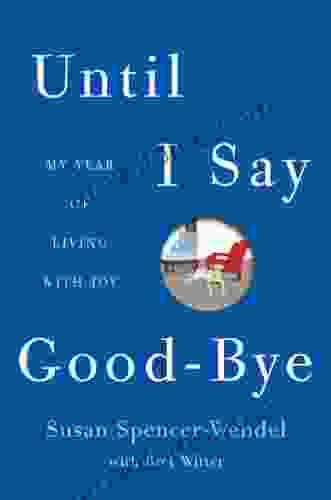
 Federico García LorcaUntil Say Good Bye: Embark on a Touching and Transformative Literary Journey
Federico García LorcaUntil Say Good Bye: Embark on a Touching and Transformative Literary Journey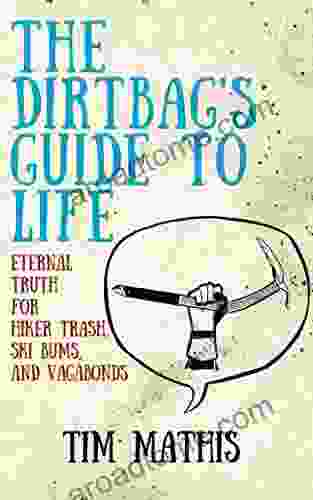
 William WordsworthThe Dirtbag Guide to Life: An Unconventional Manual for Thriving in the...
William WordsworthThe Dirtbag Guide to Life: An Unconventional Manual for Thriving in the... Jorge Luis BorgesFollow ·18.7k
Jorge Luis BorgesFollow ·18.7k Stan WardFollow ·11.8k
Stan WardFollow ·11.8k Blake KennedyFollow ·2.3k
Blake KennedyFollow ·2.3k Charlie ScottFollow ·2.1k
Charlie ScottFollow ·2.1k Jayson PowellFollow ·4.8k
Jayson PowellFollow ·4.8k Pat MitchellFollow ·13k
Pat MitchellFollow ·13k Tennessee WilliamsFollow ·11.9k
Tennessee WilliamsFollow ·11.9k Dean CoxFollow ·10.7k
Dean CoxFollow ·10.7k
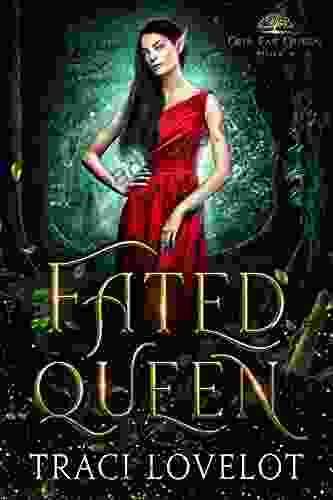
 Timothy Ward
Timothy WardSteamy Reverse Harem with MFM Threesome: Our Fae Queen
By [Author...
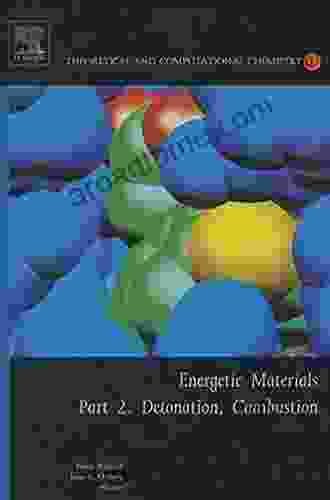
 Cody Blair
Cody BlairThe Ultimate Guide to Energetic Materials: Detonation and...
Energetic materials are a fascinating and...
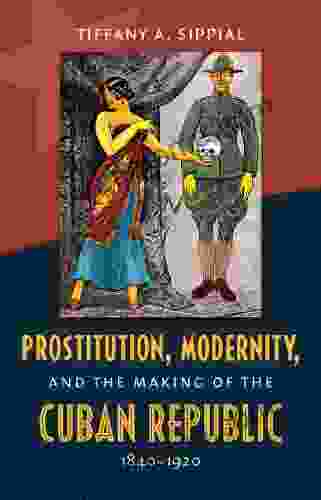
 Kenzaburō Ōe
Kenzaburō ŌeProstitution, Modernity, and the Making of the Cuban...
By Emily A....
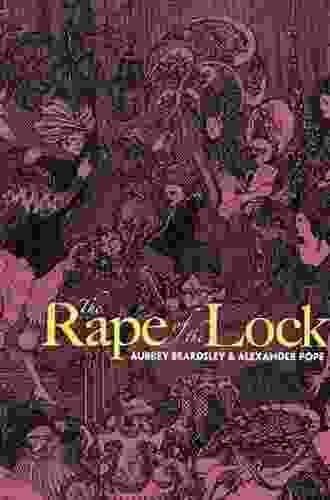
 Kirk Hayes
Kirk HayesUnveil the Enchanting World of The Rape of the Lock by...
Alexander Pope's epic...
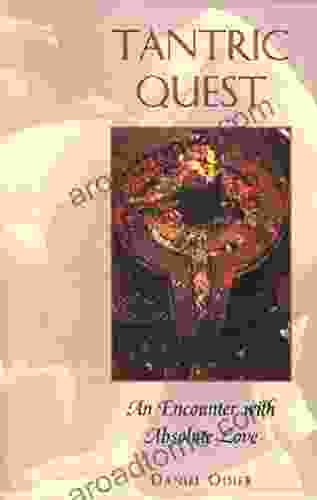
 Ivan Turgenev
Ivan TurgenevTantric Quest: An Encounter With Absolute Love
Embark on a Tantric Quest to...
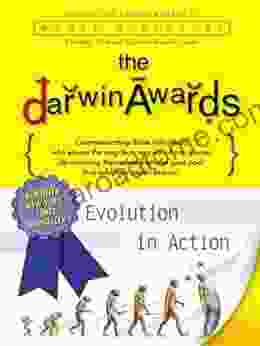
 Gary Reed
Gary ReedThe Darwin Awards: Evolution in Action
The Darwin Awards are a...
4.6 out of 5
| Language | : | English |
| File size | : | 850 KB |
| Text-to-Speech | : | Enabled |
| Screen Reader | : | Supported |
| Enhanced typesetting | : | Enabled |
| Word Wise | : | Enabled |
| Print length | : | 108 pages |


